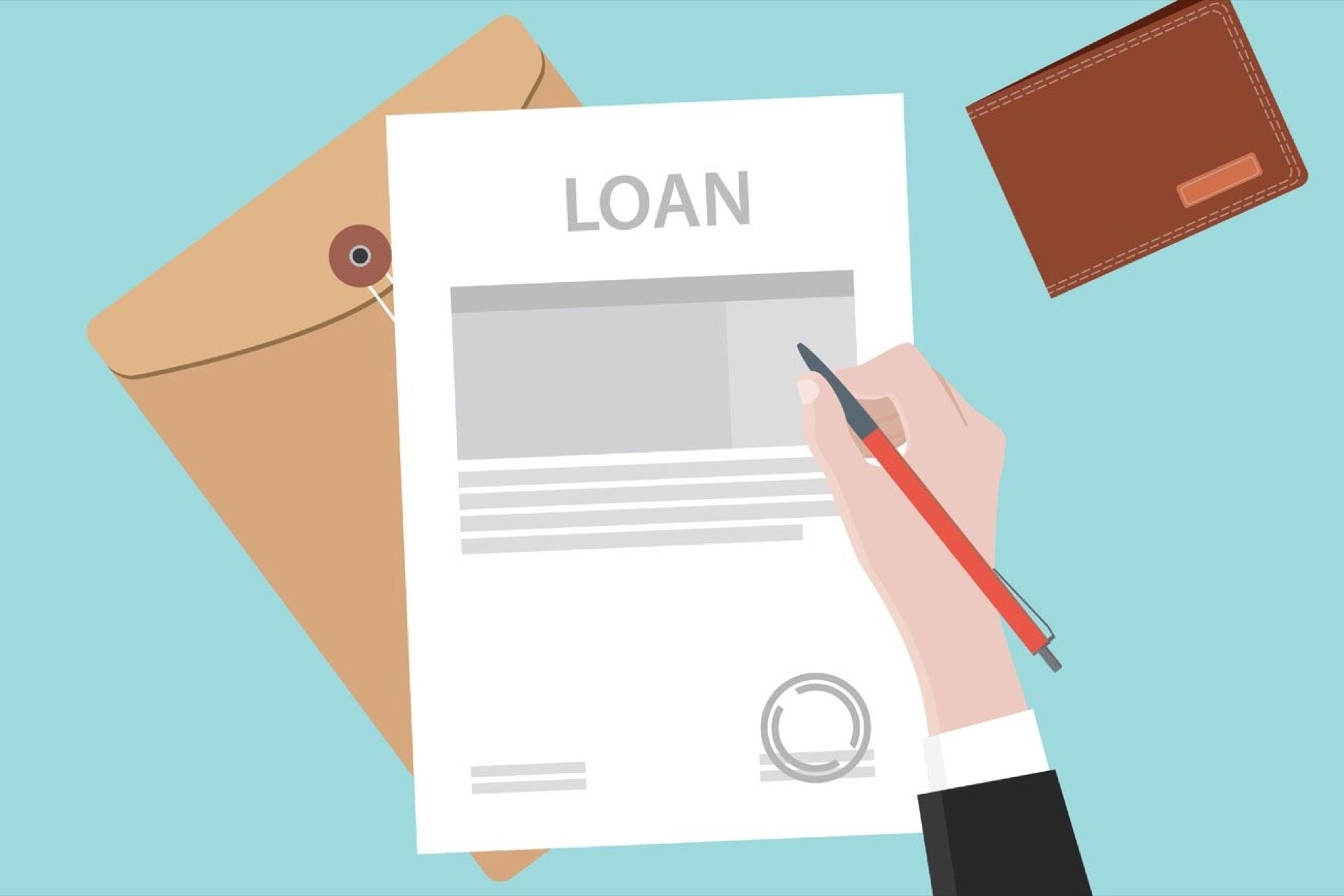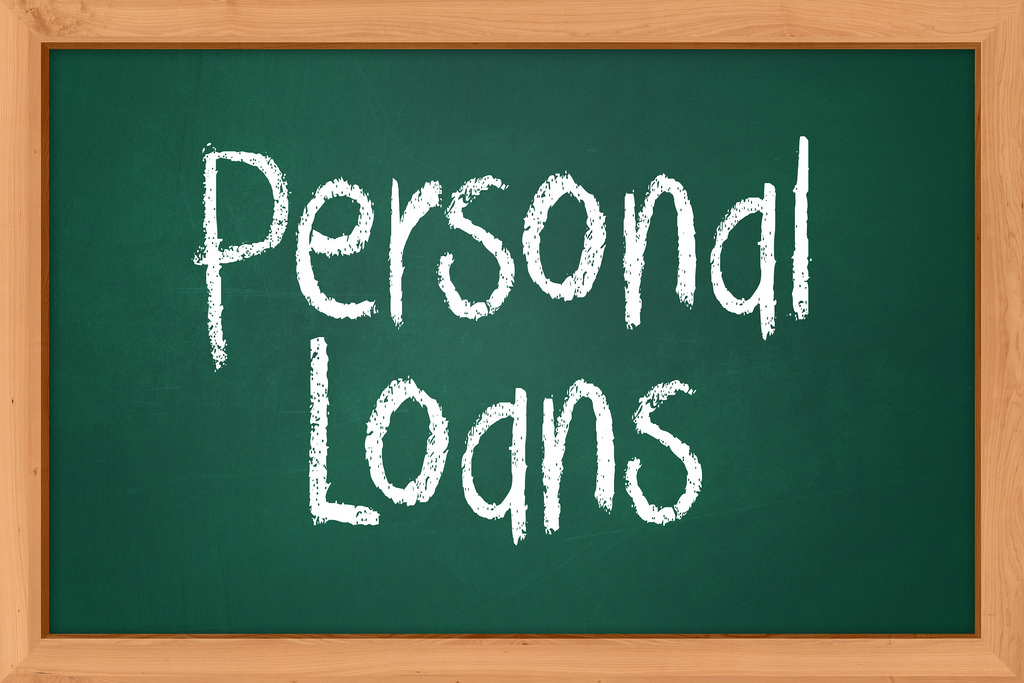Are you a homeowner or homebuyer looking for affordable financing options? Look no further than the U.S. Department of Housing and Urban Development (HUD). The HUD website,
HUD.gov, offers a range of loan programs designed to make homeownership more accessible and affordable for individuals and families. In this article, we'll explore the different types of loans available through HUD and how they can help you achieve your housing goals.
What is HUD?
The U.S. Department of Housing and Urban Development (HUD) is a federal agency responsible for promoting affordable housing and community development. Established in 1965, HUD's mission is to create strong, sustainable, and inclusive communities and quality affordable homes for all. The agency provides a range of programs and services, including loan guarantees, grants, and technical assistance, to support homeownership, rental housing, and community development.
Types of Loans Offered by HUD
HUD offers several types of loans to help individuals and families purchase, refinance, or rehabilitate homes. Some of the most popular loan programs include:
FHA Loans: The Federal Housing Administration (FHA) offers mortgage insurance to qualified borrowers, allowing them to purchase homes with lower down payments and more lenient credit requirements.
VA Loans: The Department of Veterans Affairs (VA) guarantees loans for eligible veterans, active-duty military personnel, and surviving spouses, offering favorable terms and low interest rates.
USDA Loans: The United States Department of Agriculture (USDA) offers loans for rural development, providing financing options for homes in rural areas.
203(k) Loans: This loan program allows homeowners to finance home renovations and repairs, making it easier to purchase and rehabilitate properties.
Reverse Mortgages: HUD's reverse mortgage program, known as the Home Equity Conversion Mortgage (HECM), enables seniors to tap into their home equity and receive tax-free cash.
Benefits of HUD Loans
HUD loans offer several benefits, including:
Lower Down Payments: Many HUD loan programs require lower down payments, making it easier for first-time homebuyers to enter the market.
Lenient Credit Requirements: HUD loans often have more flexible credit requirements, allowing borrowers with less-than-perfect credit to qualify.
Lower Interest Rates: HUD loans often offer competitive interest rates, reducing the overall cost of homeownership.
Government Guarantee: HUD loans are backed by the federal government, providing an added layer of security for lenders and borrowers.
How to Apply for a HUD Loan
To apply for a HUD loan, you'll need to meet the eligibility requirements and follow these steps:
1. Check your credit score and history to ensure you meet the minimum requirements.
2. Gather required documents, including income verification, employment history, and identification.
3. Contact a HUD-approved lender or a mortgage broker to discuss your options and apply for a loan.
4. Complete the loan application and provide all required documentation.
5. Wait for the lender to process and approve your loan application.
In conclusion, HUD loans offer a range of benefits and opportunities for individuals and families looking to purchase, refinance, or rehabilitate homes. By understanding the different types of loans available and the application process, you can unlock affordable housing options and achieve your housing goals. Visit
HUD.gov to learn more about the loan programs and resources available to you.









